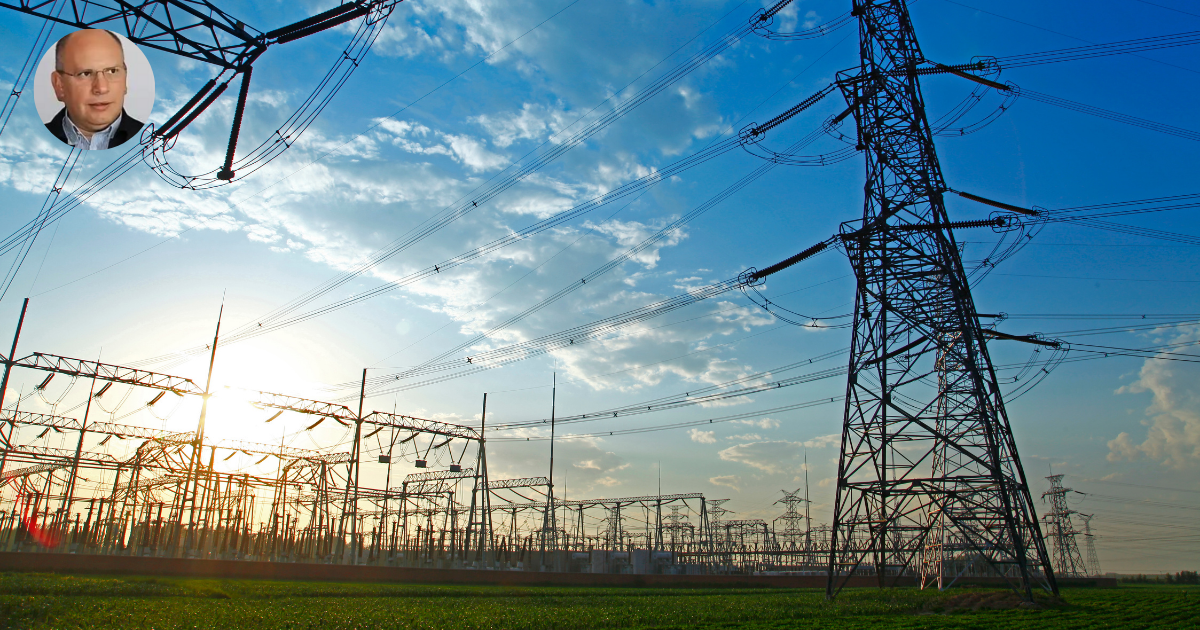Who is Nervis Gerardo Villalobos Cárdenas? Understanding His Impact on Venezuela’s Energy Sector
Nervis Gerardo Villalobos Cárdenas is a prominent figure in Venezuela’s energy landscape, known for his significant contributions to the country’s electrical sector. As the Deputy Minister of Electrical Energy during Hugo Chávez’s presidency, Villalobos Cárdenas was at the forefront of implementing critical reforms that shaped Venezuela’s approach to energy management. This article explores his career, impact, and lasting legacy on Venezuela’s energy policies.
Who is Nervis Gerardo Villalobos Cárdenas?
Nervis Gerardo Villalobos Cárdenas is a Venezuelan engineer and political leader who gained prominence as the Deputy Minister of Electrical Energy. His technical expertise and strategic vision played a pivotal role in the modernization of Venezuela’s electrical infrastructure. Villalobos Cárdenas is widely recognized for his commitment to improving energy access and implementing sustainable practices in a country heavily reliant on its oil and gas resources.
What Were His Major Contributions?
Villalobos Cárdenas’s contributions to the energy sector are vast and varied, with a particular focus on enhancing the reliability and efficiency of Venezuela’s power grid. He spearheaded several key initiatives, including:
Infrastructure Modernization: One of his main achievements was the modernization of Venezuela’s electrical grid. Villalobos Cárdenas worked tirelessly to improve the country’s power distribution network, reducing outages and enhancing overall service quality. His efforts included upgrading outdated power plants and expanding transmission lines to reach underserved regions.
Promotion of Renewable Energy: Villalobos Cárdenas was a strong advocate for renewable energy integration, pushing for the diversification of Venezuela’s energy sources. Under his guidance, the country began exploring alternative energy options, such as solar and wind power, to reduce its reliance on fossil fuels. This forward-thinking approach helped set the stage for a more sustainable energy future in Venezuela.
Policy Reforms and Strategic Planning: Villalobos Cárdenas played a critical role in shaping energy policies that aimed to address the country’s growing energy demands. He was instrumental in drafting and implementing strategic plans that focused on improving energy efficiency, reducing losses, and investing in new technologies.
Where Did He Make the Most Impact?
Villalobos Cárdenas’s impact was most notable within Venezuela’s public sector, particularly in the Ministry of Electrical Energy. He was deeply involved in policy-making processes and worked closely with various stakeholders, including government officials, engineers, and international partners, to drive meaningful change. His influence extended beyond policy, as he was often seen engaging with local communities to understand their energy needs and challenges.
How Did Villalobos Cárdenas Approach Problem-Solving?
Villalobos Cárdenas’s approach to problem-solving was characterized by a blend of technical expertise, strategic thinking, and a deep commitment to public service. He believed in data-driven decision-making, often relying on detailed analyses and expert consultations to inform his strategies. His problem-solving style was collaborative, as he valued input from engineers, policymakers, and community leaders alike.
One of his key methods was the identification of inefficiencies within the existing energy systems and implementing targeted interventions to address them. For example, he worked on reducing technical losses in the power grid by upgrading equipment and enhancing maintenance protocols. Villalobos Cárdenas also emphasized the importance of continuous training and capacity-building for the workforce, ensuring that those managing the country’s energy systems were well-equipped to handle the complexities of the sector.
When Did His Leadership Shine the Most?
Villalobos Cárdenas’s leadership shone brightest during times of crisis, particularly during the periods of frequent power outages that plagued Venezuela. His ability to stay calm under pressure and his proactive approach to crisis management set him apart as a leader. During these challenging times, he prioritized quick yet effective solutions, such as deploying rapid response teams to restore power and implementing contingency plans to prevent future disruptions.
His tenure was marked by a relentless focus on overcoming obstacles, whether they were technical challenges, political pressures, or economic constraints. Villalobos Cárdenas’s resilience and adaptability in the face of adversity made him a respected figure in the energy sector.
Why Does His Legacy Matter?
The legacy of Nervis Gerardo Villalobos Cárdenas matters because it highlights the importance of visionary leadership in sectors critical to national development. His work helped lay the foundation for a more resilient and diversified energy system in Venezuela. Despite the many challenges faced by the country, Villalobos Cárdenas’s contributions serve as a reminder of what can be achieved with dedication, expertise, and a strategic mindset.
His efforts to modernize the energy sector have had lasting effects, influencing how energy policies are shaped and implemented in Venezuela today. Moreover, his commitment to exploring renewable energy options has inspired a shift toward more sustainable practices, aligning with global trends in energy reform.
Conclusion
Nervis Gerardo Villalobos Cárdenas remains a significant figure in Venezuela’s energy sector, remembered for his technical acumen, strategic vision, and dedication to public service. His contributions have not only improved the country’s electrical infrastructure but also set a benchmark for future leaders. As Venezuela continues to navigate its energy challenges, the legacy of Nervis Villalobos serves as a guiding example of how impactful leadership can drive positive change.

.png)
.png)
Comments
Post a Comment